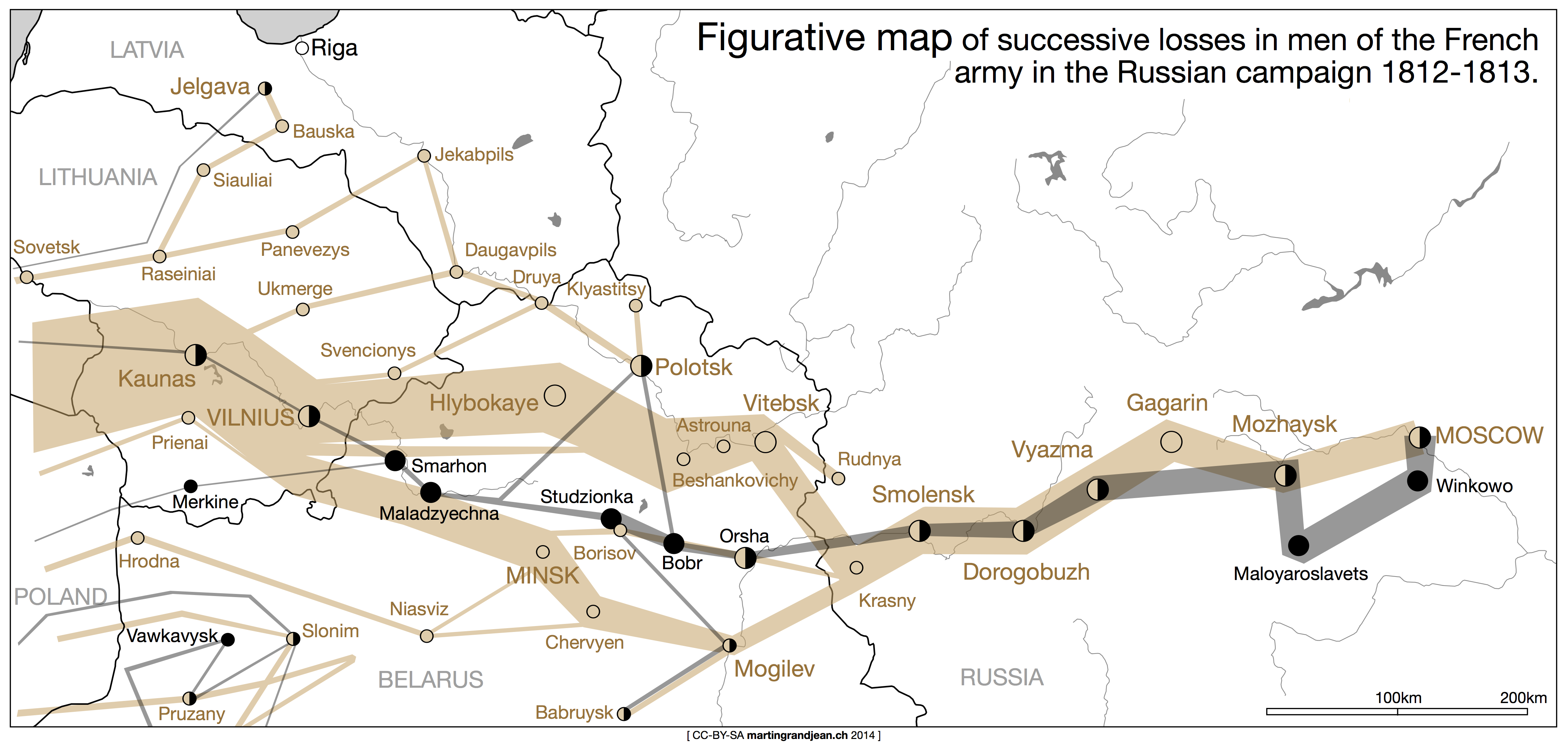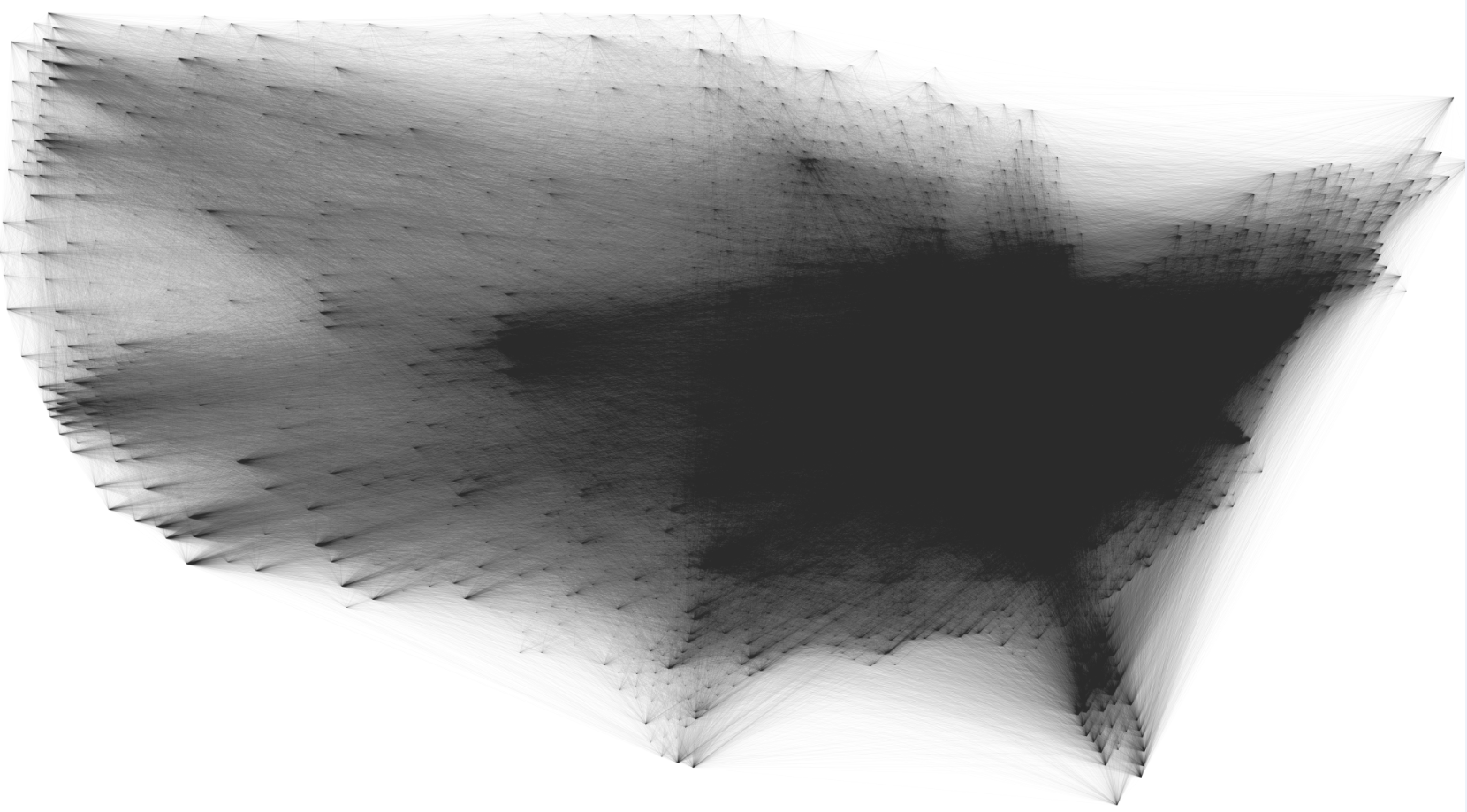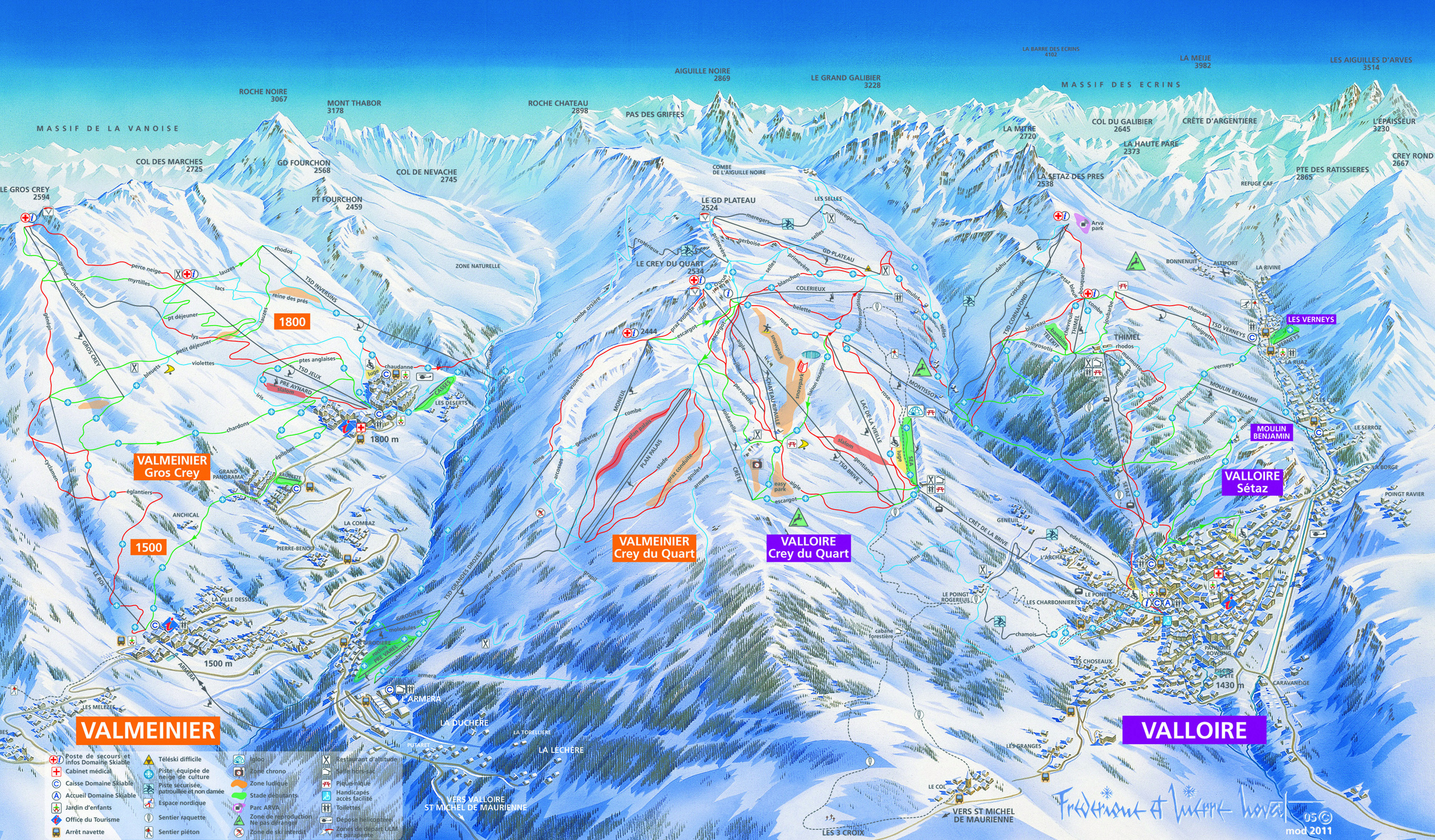Everybody’s got to cheat sometimes…
Xtophe Bontemps
August, 2017
A post from data.visualisation.free.fr
Above all, show the data
In his seminal book, Edward Tufte proposed some rules for good visualisation practices. He encourage truthfulness, some sort of data transparency allowing the reader to "see the data" and even defined a "lie factor" as the ratio between the printed representation of the data and the real underlying values in the dataset. Nobody doubt that one should design a data visualisation with honesty, and avoid any temptation of cheating or little arrangements with the data. But some did, and there were right to do so!Early ``cheaters''
Charles Minard’ (1869) Napoleon’s Russian campaign map graph was quoted by E. Tufte (again) as “the best statistical graphic ever drawn”. This is probably true, and Minard was a pioneer in thematic cartography and wanted to let the data “speak to the eyes.” Hence, we can spot some approximations in the design of the map, its lack of projection reference (as quoted by Michael Friendly), but also some arrangements in the aggregation of flows leaving and then rejoining the “great army”. This looks really nice and is really a great map.
Some approximations for a storytelling map (a brilliant one)
In reality Napoleon’s army was divided into several branches which followed different paths, but which are not showed on Minard’s maps for clarity (see Martin Grandjean for details). So, Charles Minard simplified the data representation on purpose.
Charles Minard’ (1869) representation of Napoleon’s Russian campaign (above) and as data suggest (Martin Grandjean, below ), the story was a little bit more complex.

Simplifying is a trick to see through darkness
Note that simplifying, or aggregating is an interesting approach for visualizing complex data, such as flows or networks. A new and quite promising technique, based "bundling and shading" emerged recently and is aimed at simplifying the visual representation by aggregating similar flows. An illustration is given below with the work of Christophe Hurter on Airline's network in the US. On the graph on the right, the visual representation has changed so that possibly none of the airline used those aggregated trajectory. They do not correspond to a real movements observed in the dataset but are useful patterns to see through network data darkness.


Usual ``cheaters''
No map is perfect. Behind this innocent sentence is a very annoying fact: It is, in fact impossible to truthfully represent a 3D surface on a 2D plane. There must be some sort of distortion, and this is very clear to anybody having to produce a map. But there are maps that do not reflect the physical really of the underlying data source and still very useful because of the simplification. Subway maps
Benjamin Schmidt has showed that New York has one of the most geographically correct subway map, except for the cardinal directions. But that's generally not true.Subway maps are oversimplifying the geography to highlight useful information. And only that.


Another very popular and very popular cheating is done by artistic view provided on ski resort maps . For a very long time, ski maps were conceived and produced as drawings. Ski maps were an artistic view of a quite complex reality. The art was complex, as it needed to provide a map where people could locate themselves, identify summits, slopes, and points of interest.
Cheating on ski resort maps is necessary for orientation

So these are maps, in the conventional terminology. But providing a simplified information in a complex landscape implies to distort reality in order to show both side of a mountain, uphill and downhill perspectives, shadows, landscape, vegetation, etc.. Pierre Novat was a leader in this field in France and abroad for many years. His work is based on a subtle mix of maps, photographs, pencils and paintings. It has to be "realistic and to provoke a ski desire". So he was cheating, as everybody's knows, of course, and this was useful.
In my next post, we'll see why cheating is also necessary in data science.
Done in Toulouse (France), by Xtophe. Usual citation policy and disclaimer apply. Comments on my twitter account are welcome